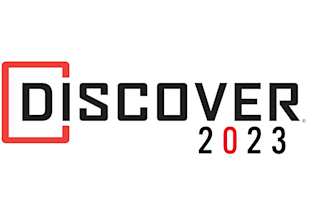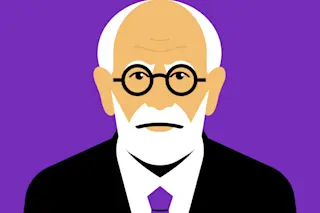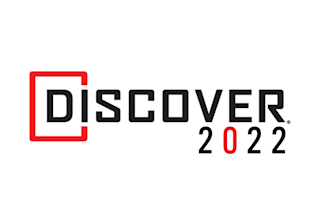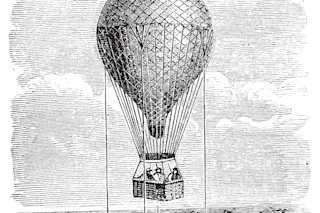"Correlation does not imply causation" is a basic motto of science. Every scientist knows that observing a correlation between two things doesn't necessarily mean that one of them causes the other.
But according to a provocative new paper, many researchers in psychology are drawing the wrong lessons from this motto. The paper is called The Taboo Against Explicit Causal Inference in Nonexperimental Psychology and it comes from Michael P. Grosz et al. The article makes a lot of points, but to me the main insight of the piece was this: Many studies in psychology are implicitly about causality, without openly saying as much.
Consider, for example, this highly cited 2011 study which showed that children with better self-control have better health and social outcomes years later as adults.
This 2011 paper never claimed to have shown causality. It was, after all, an observational, correlational design, and correlation is not causation. ...














